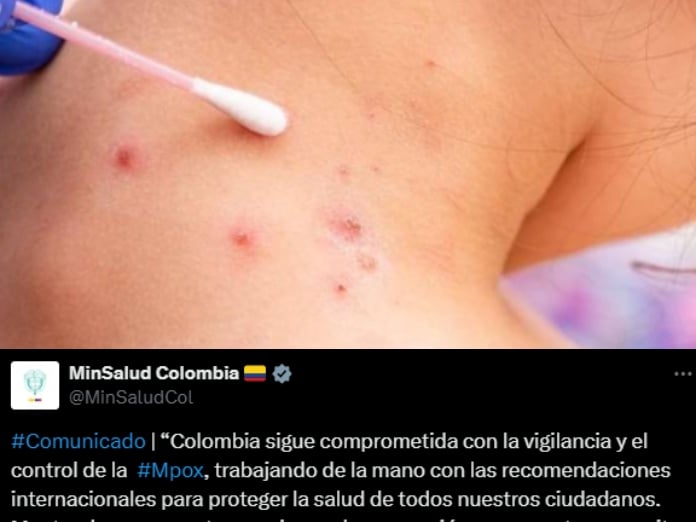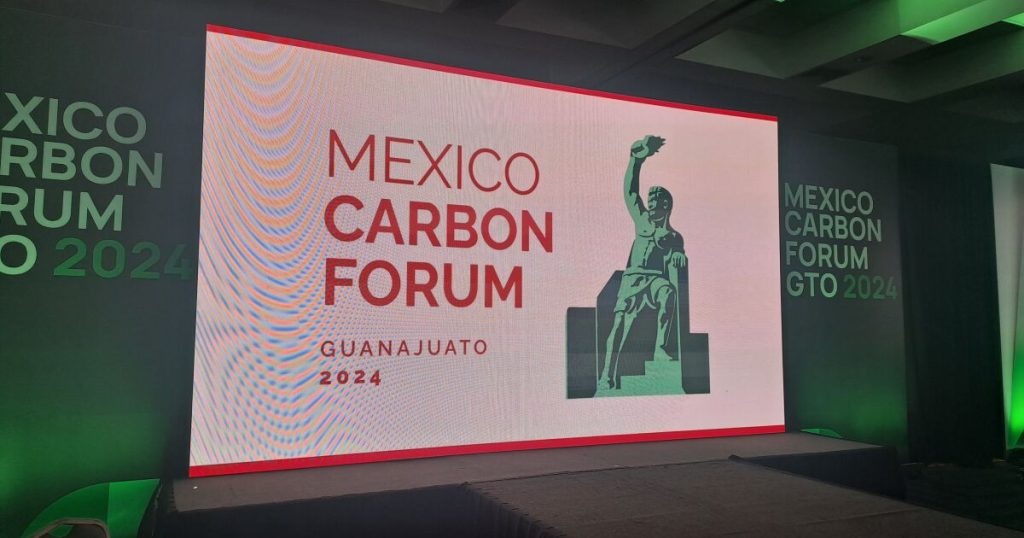Colombia’s National Institute of Health reported that 109 cases of monkeypox have been recorded so far in 2024. In total, there would be 4,257 cases, including cases from 2023 and 2024.
News Colombia.
The monkeypox outbreak in Colombia is part of a broader health crisis. In August 2022, the World Health Organization (WHO) declared a global emergency due to the spread of the disease.
Since then, the epidemic has posed considerable challenges in various regions of the world, and Colombia is no exception.
Read also: The man with “triple contagion”: HIV, Covid and Monkeypox that surprises doctors
So far in 2024, Colombia has recorded a total of 109 cases of the disease, also known as monkeypox, according to data from the Ministry of Health.
Of these cases, as of August 8, only two remain active, and no deaths have been reported. Bogotá leads the list of territorial entities with the highest number of affected people, with 44 cases, followed by Cali (22), Barranquilla (13), Medellín (11) and Atlántico (5).
The most affected age group in the country is people between 30 and 39 years old, with 53 cases, followed by those between 20 and 29 years old, with 36 cases.
Although the number of active cases is low, health authorities remain on alert, especially following the recent declaration by the World Health Organization (WHO).

Latest reports
On August 14, the WHO declared the outbreak, particularly of a new and more aggressive strain of the virus, to be an international health emergency. According to the organization, “it is something that should concern us all,” and the possibility of further spread, both in Africa and in other regions of the world, is a cause for great concern.
Monkeypox, or Mpox, has two main clades or variants: clade I, endemic to central Africa, and clade II, which is more developed and aggressive, and is behind the current outbreak.
Symptoms of the disease include fever, severe headache, muscle aches, back pain, low energy, swollen lymph nodes, and rashes or skin lesions, which may appear on the hands, feet, mouth, genitals, and eyes. These symptoms usually last between two and four weeks and disappear without treatment.
Health Minister Guillermo Jaramillo reaffirmed the country’s commitment to monitoring and controlling the disease. “Colombia remains committed to monitoring and controlling Mpox, working hand in hand with international recommendations to protect the health of all our citizens,” he said.
He also stressed that the Ministry of Health will continue with the necessary prevention and response actions to prevent the spread of the virus in the national territory.
What happened to the vaccines that arrived in 2023?
The Colombian Ministry of Health reported on the donation of 25,000 vaccines by the Government of Japan to combat monkeypox; however, after receiving this batch on April 20, 2023, health authorities faced a new obstacle.
The vaccines expired before being used for general immunization of the population. They were delivered to the Faculty of Medicine of the National University.
Following the declaration of a Health Emergency of International Importance (ESPII) by the #Mpox clade I (previously called #SimianPox) by the #WHOfrom @MinSaludCol We are strengthening our risk communication strategy, intensifying surveillance… pic.twitter.com/mv19vRtUYs
— Ministry of Health Colombia 🇨🇴 (@MinSaludCol) August 15, 2024
#Release | “Colombia remains committed to monitoring and controlling the #Mpoxworking hand in hand with international recommendations to protect the health of all our citizens. We will maintain our prevention and response actions to avoid the spread of the virus. pic.twitter.com/qbyJAPRrCM
— Ministry of Health Colombia 🇨🇴 (@MinSaludCol) August 15, 2024

















